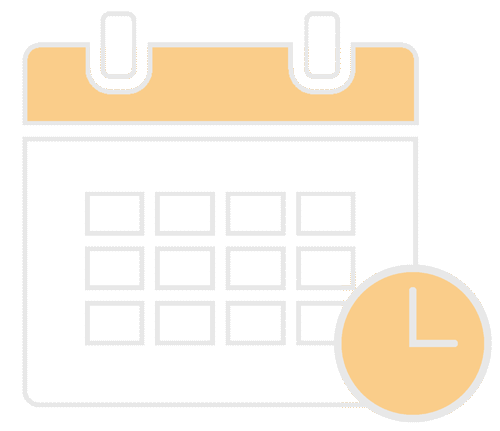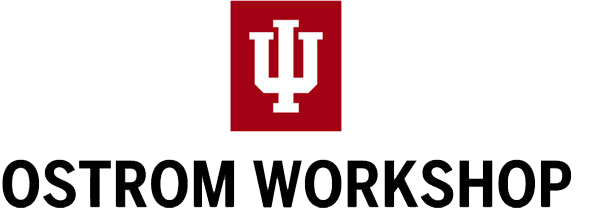This virtual conference is accessible for small fees to cover the costs of the implementation of the meetings. All presenters will have to be or become IASC members. IASC members pay 10 dollars to attend the virtual conference live. All conference material will be available to IASC members after the conference. If you are not an IASC member, you can easily register here. Non-IASC members can attend the conference for a fee of 50 dollars. Dependent on sponsoring, waivers are available for early-career scholars and practitioners from the global south.
IASC Members
$ 10
Non-Members
$ 50







